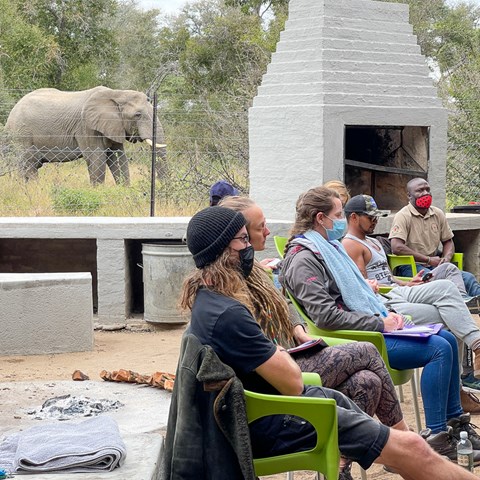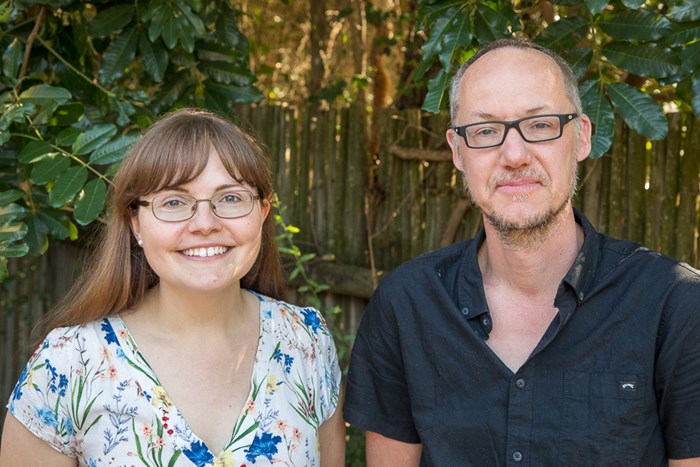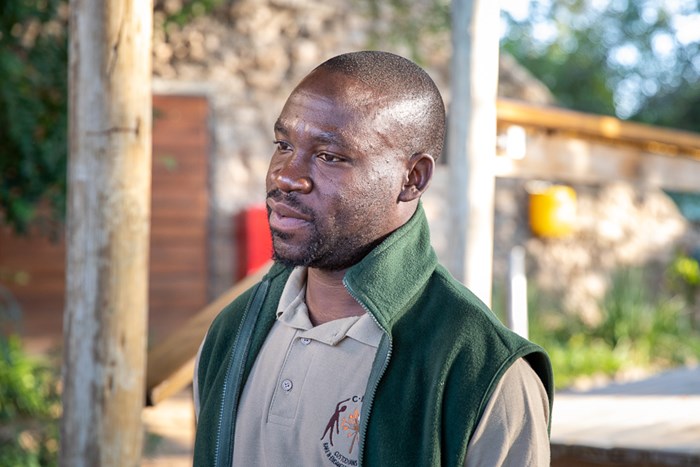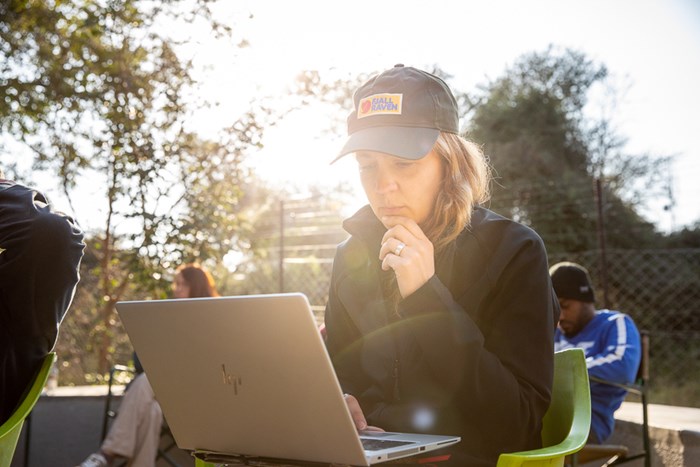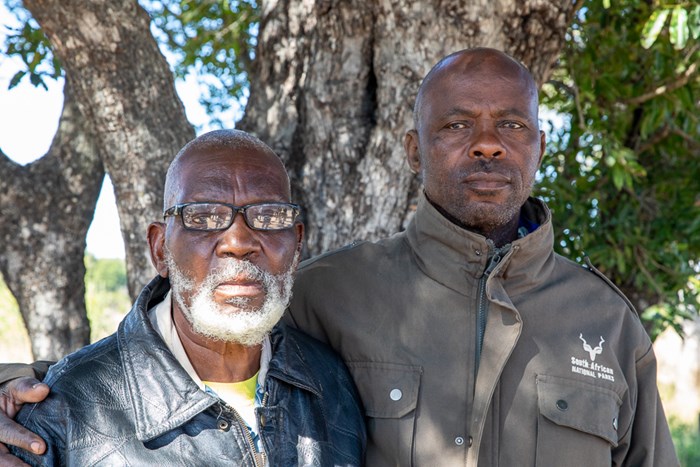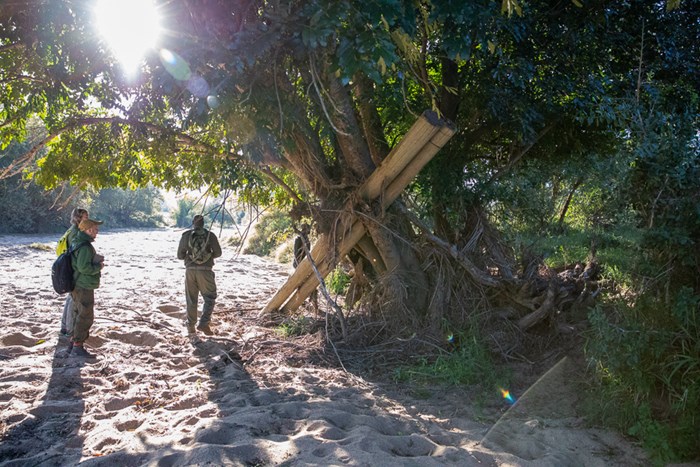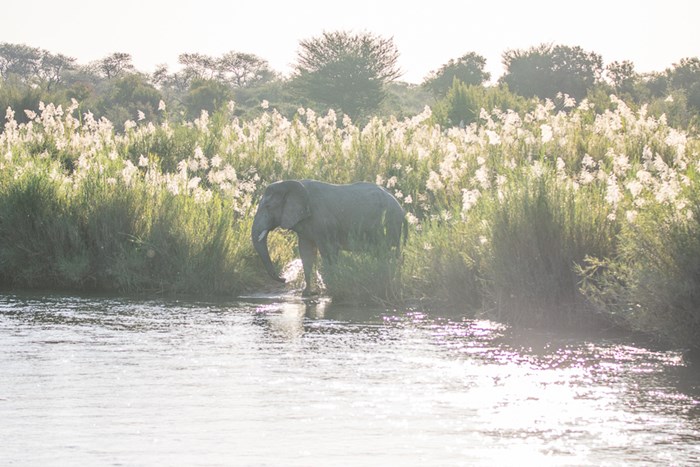Many parts of the world are losing their wild animal species rapidly. At the same time, other parts of the world experience conflicts such as damage to crops and forests, as the number of wildlife increases. How can we reduce conflicts and create a sustainable future for humans and wildlife? And how do we ensure that knowledge creation and decisions involve different perspectives? These questions are currently being addressed by the doctoral students in the course Global Perspectives on Adaptive Wildlife Management.
During two and a half weeks, fifteen PhD students and a group of lecturers from different parts of Africa, Europe and South America, and representing different scientific disciplines, live with and learn from each other at the campus of the Skukuza Science Leadership Initiative in Kruger National Park, South Africa. Through lectures, field activities, workshops and group work they experience the empowerment of intercultural and interdisciplinary co-learning.
– We are in the middle of a climate, biodiversity and general sustainability crisis. How do we find opportunities for a sustainable future? How do we ensure that we develop these opportunities inclusively so that perspectives and knowledge from people from all continents and all walks of life are included in a fair and equitable way? These questions guide the activities and learning in our course, where students from different parts of the world learn about diverse wildlife management challenges and use their diverse perspectives to critically analyse wildlife management cases, says Joris Cromsigt, Associate Professor at SLU and course leader.
Participants from different disciplines
Siphesihle Mbongwa is one of this year's participants. He is an ecologist and works with the conservation of natural resources at Ezemvelo KZN Wildlife in Hluhluwe-iMfolozi Park, a protected area in South Africa.
– In Europe there’s different animals but many similar challenges, in this course we learn from each other and share ideas, which will help me in my work. It’s also important to interact within academia with people in the same field, maybe it will help me to do a PhD, says Siphesihle Mbongwa.
Another course participant is Moa Dahlberg who is doing her PhD in political science at Luleå University in Sweden. Moa’s research focuses on the governance of nature reserves that span several countries.
– I attend this course to learn more about how we can come together from different disciplines to improve conservation efforts, says Moa Dahlberg. During the course we have had the opportunity to learn about different theoretical perspective and methods to study the relationship between power, governance and natural resources.
Different types of knowledge
The course days start early, often before breakfast, with a drive to experience many of the wildlife that live in the national park. After breakfast, the day starts with lectures, in the field or in the outdoor classroom. Students then continue with group exercises, where they critically compare the challenges of managing African rhino versus European carnivores. Leading researchers in ecology and political science lecture and supervise group work. Traditional knowledge is also woven into the course. One of this year's guest lecturers is named Mr. Sibuyi, who was born in 1931 in what today is the Kruger National Park. Mr. Sibuyi belongs to the Tsonga people and he talked about how he and his family lived with the wildlife without much conflict until the late 1940s when they were forced to move and relocate elsewhere because conservation management from that time focused on separating people and wildlife.
– If we want to contribute to a sustainable future, we need to understand the complex interplay between humans and nature across multiple levels, for example how international policies might influence local management options or how local natural resource conflicts might lead to larger conservation challenges, says Sabrina Dressel, Assistant Professor at Wageningen University & Research and the other course leader.
